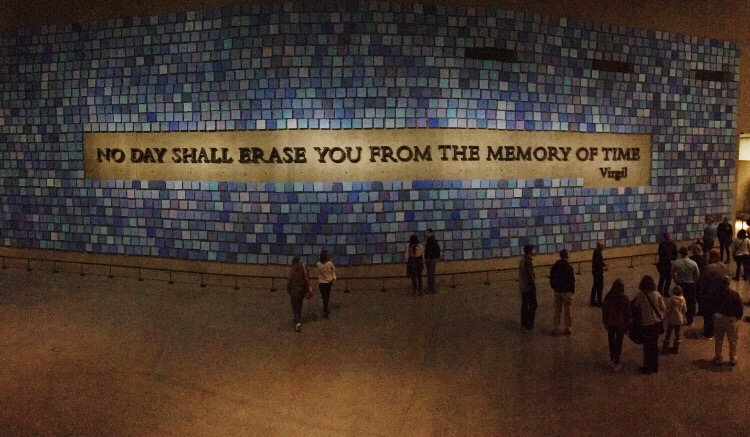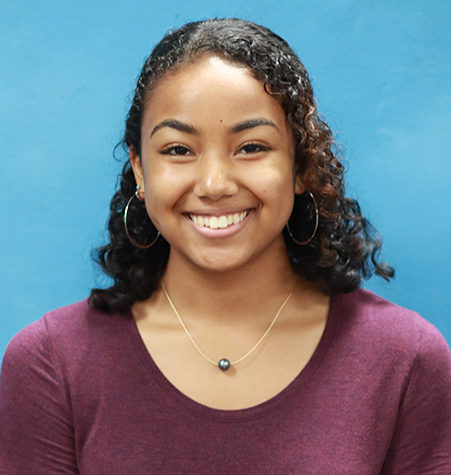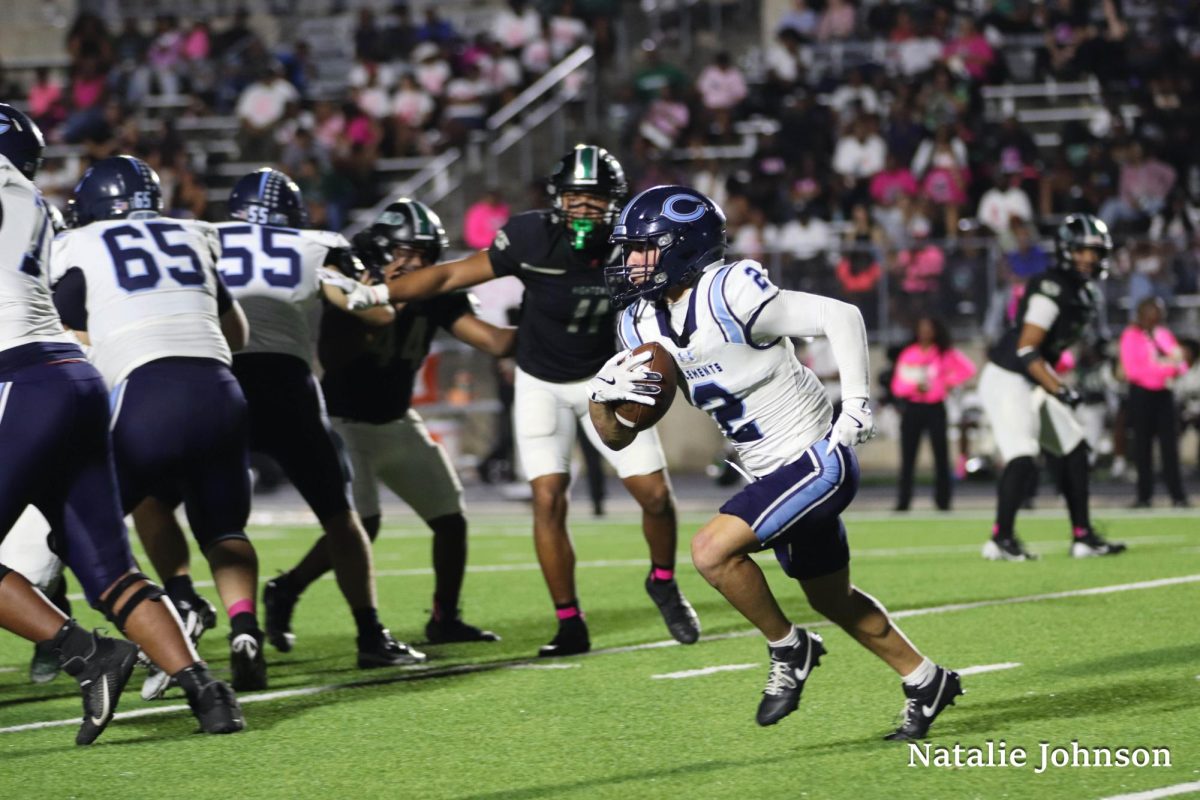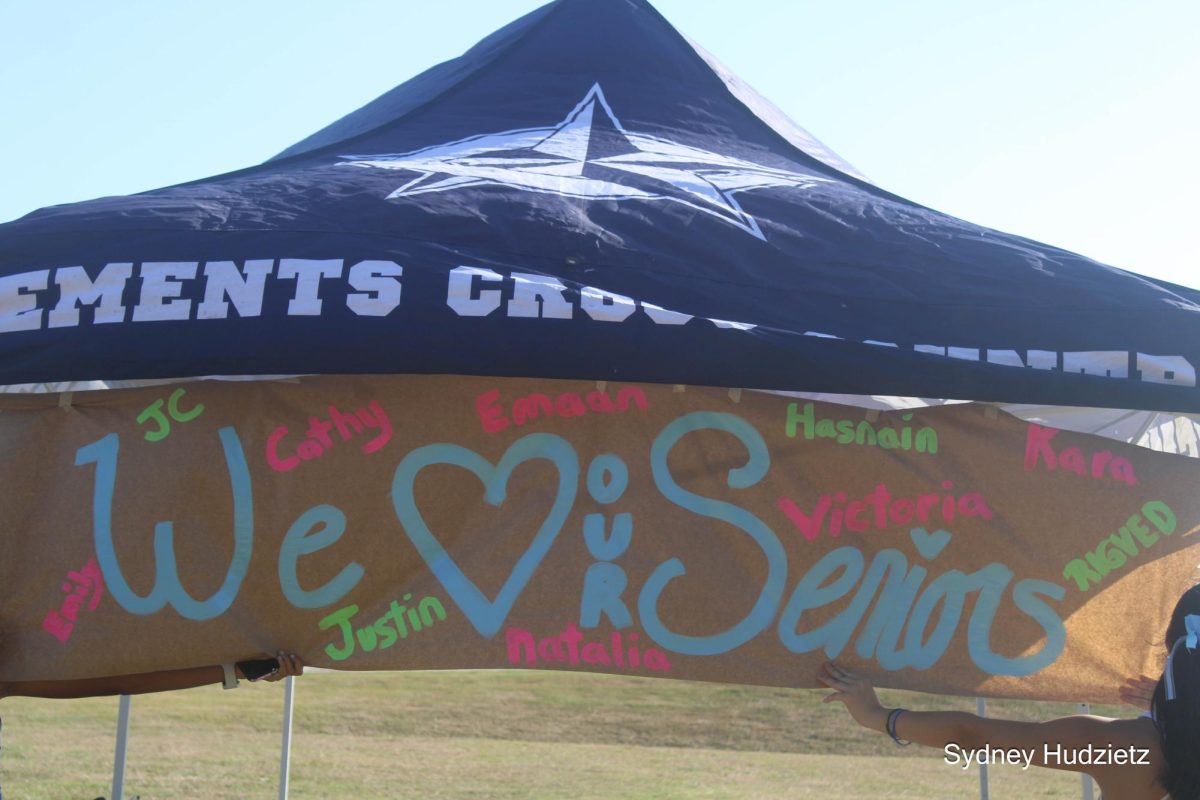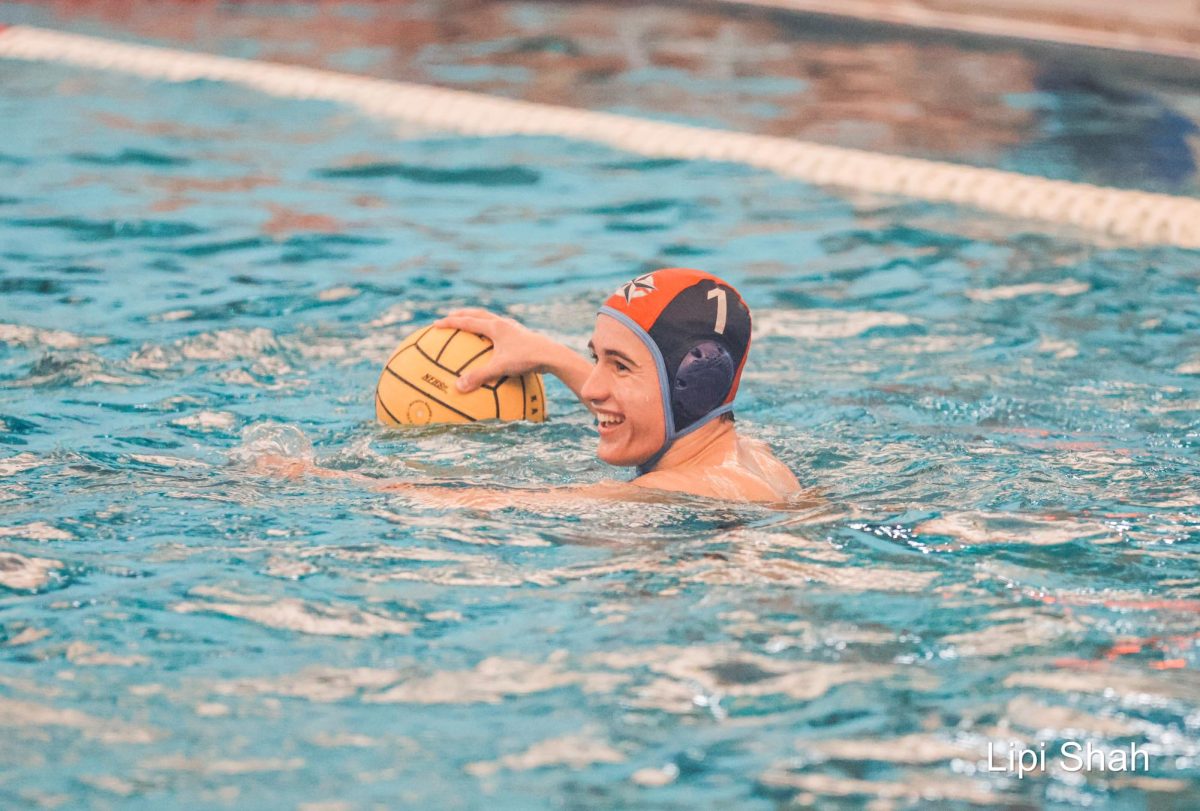Remembering 9/11: 17 years later
September 11, 2018
September 11, 2001.
8:46 a.m. American Airlines Flight 11 was hijacked and crashed into the north tower of the World Trade Center.
9:03 a.m. United Airlines Flight 175 is also hijacked and the plane plummeted into the south tower of the World Trade Center.
A third plane was crashed into the Pentagon. The fourth driven into a field in Pennsylvania.
Hundreds are dead. Others are jumping to their death out of the rapidly blazing, collapsing buildings. Papers are fluttering from office building windows. Smoke and debris filled the air.
There is chaos in the New York City streets and no one feels safe anymore. Their country, the land of the free and the home of the brave, was now the subject of a terrorist attack.
Cries of despair echo across the United States of America.
Back in Texas, Clements teachers, many whom students know today, were doing their daily jobs. But this was no ordinary day.
Deborah Fojtik, current Pre-AP Pre-Calculus and Calculus AB teacher, was in the same classroom she is in today teaching Algebra II.
“I remember my students coming into third-period class talking about NY and Washington DC,” Fojtik said. “At first I did not believe them and I calmed the class. We had an Algebra 2 test and the students started the test and I did not actually find out any details until after school.”
Fojtik carried on with her day, but after realizing the atrocities outside of the Clements’ walls, the thoughts were not far from her mind.
“After school my eighth-grade son had a football game in Luling. My husband and I traveled all the way to Luling to watch his football game,” she said. “After the game my son, my husband, and I discussed the occurrence on the two hour trip home.”
This day forever changed the way Fojtik viewed her country, although she didn’t fully realize the extent of these effects until much later.
“We were outraged, shocked, and infuriated for America. It made us realize that just because we are US citizens, our safety is not an absolute,” Fojtik said. “We felt a strong sense of patriotism and pride in our country. We knew in our hearts that that Tuesday morning would have lasting effects on us that we could only imagine at the time.”
Fojtik was not the only teacher at Clements this day. Glenys McMennamy is the AP English III teacher and was a third-year government teacher at the time. Her connection to this event goes beyond the walls of this school.
“Students had started hearing about the attack and asked me about it at the beginning of third period. We were all shocked. We started talking about it as a class and eventually combined our classes to talk about it together,” McMennamy said.
She said that many students were absent, for multiple distressed parents had a fear that Houston would be the next target or that their child couldn’t truly be safe with the condition of the world around them.
McMennamy said she had fears for her own family members.
“My cousin in the Air Force was also working at the Pentagon at the time, and we didn’t know if she was hurt or missing for the entire day. My family finally got a call from her parents around 11 that night reporting that she was safe and uninjured,” McMennamy said. “She had previously flown KC-135 refuelers all around the world. I never thought I would worry about her safety on American soil or airspace.”
During life pre-9/11, this kind of anxiety was foreign to McMennamy.
“Before that day, I had never considered the possible communal danger of attending a baseball game or just going to work in a crowded city,” McMennamy said. “I hadn’t considered how frightened my students or I might be from an event thousands of miles away.”
Despite these fears, McMennamy also felt a sense of pride in her life in America.
“I very much appreciate this community of CHS and Sugar Land and Houston,” McMennamy said. “So many people in America say that they believe in diversity but don’t live and work and play in a community with the positive and celebratory acceptance as ours. Of course, this acceptance is not perfect, but it is likely one of the more harmonious and diverse communities to be found.”
McMennamy also shared the story of another relative whose life was altered indefinitely because of this day. They had previously devoted their life to music and writing but was compelled to follow another path.
“Another of my cousins was 26 in 2001 and was inspired by these events to join the Army. He died in 2005 in Iraq because an IED (improvised explosive device) was planted on the road that his convoy drove on. His parents and wife and friends were profoundly changed,” McMennamy said.
She knows that her family is not alone in this loss.
“I think about the many thousands of friends and families whose lives were changed because their father, mother, brother, sister, son, or daughter fought and died or fought and came home changed,” McMennamy said. “I was in high school during the Desert Storm and Desert Shield operations in the 1990s. At the time, many people thought this might turn into a prolonged Vietnam-esque type of campaign. When it ended after a relatively short time, I thought, as did many others, that this was what a modern war would look like – quick and decisive,”
Little did she know at the time, there are so many more, tragic layers beneath modern warfare.
“We have been involved in campaigns that seem never-ending since the initial push into Afghanistan following 9/11,” McMennamy said. “Most people don’t know the names of the operations any more. Jacob Christopher Palmatier died in Operation Iraqi Freedom.”
Other teachers were students themselves on September 11, 2001. Macie Harper is a current Pre-AP English II teacher. She said she can recall the conflicting feelings she had, unsure of what the reality of the situation was.
She composed her own account of the day.
“I was on my way to school the morning the towers fell. A boy I had known since kindergarten sat in the back of the bus talking loudly, ‘A pilot flew a plane into the twin towers,’ he jeered. I remember wondering how much truth there was to his story. At this time, I had not seen the news and the second tower had not yet been hit.
“This hearsay soon turned to truth as teachers whispered to one another and some even began to cry. The second tower had been hit. Then the pentagon. When would it end? Who would be next?
“It was clear that this was no accident. Fear and sadness filled the halls and classrooms. Frantic parents made their way to school to pick up their children, afraid that Houston might be targeted too.
“In the days and nights that followed, I could not tear myself away from the news. Even after I had gone to bed, I would stare at the screen of my small 13-inch television perched on the dresser in my room, waiting anxiously to hear the latest developments. The graphic images and tragic stories that came out those first few days will forever be etched in my memory.
“The atrocities of 9/11 and the terror that gripped the nation as the towers fell on September 11, 2001 changed everything.”
For some staff, this attack hit closer to home.
Fior Acevedo is currently an AP Spanish IV and V teacher. Although she was in Houston at the time, she had just moved from New York City.
“I consider that city as my birthplace because all I was able to accomplish when I lived there, it was the place where I found myself and inner strength,” Acevedo said.
Like the rest of the world, she began her day unaware of what was to come.
“I was getting ready to take my son who was 2 years old to his early childhood school-mothers day out program and I remember seeing on TV what was happening and my shock and disbelief,” Acevedo said. “While riding to my son’s program with my daughter who was less than a year old in her car seat I cried and felt a sense of heaviness in the car. I still remember the face of horror in the people running trying to escape, the dust from the building collapsing.”
She too felt the weight of this tragedy.
“I recall the sense of sadness in the entire country, that particular day everything paralyzed and slowly in the days and weeks to follow we all tried very hard to go back to normal and restore our spirit from the general feelings of despair and impotence,” Acevedo said. “The news were constantly showing images of the recovery efforts, it came a point that I had to turn off the TV.”
A fearful spirit still lingers 17 years later. The question of “what if?” remains in the back of her mind.
“Life changed for everyone after that day, it was like a lost of innocence and trust,” Acevedo said. “I live it over every time I have to pass through security in the airports when I travel.”
Although less than half of the current student body was even alive during the pre-9/11 era, life before this affliction is not to be forgotten. Today, September 11, 2018, teachers and the community recall the past and feel remnants of the same pain, but now with insurmountable strength.

